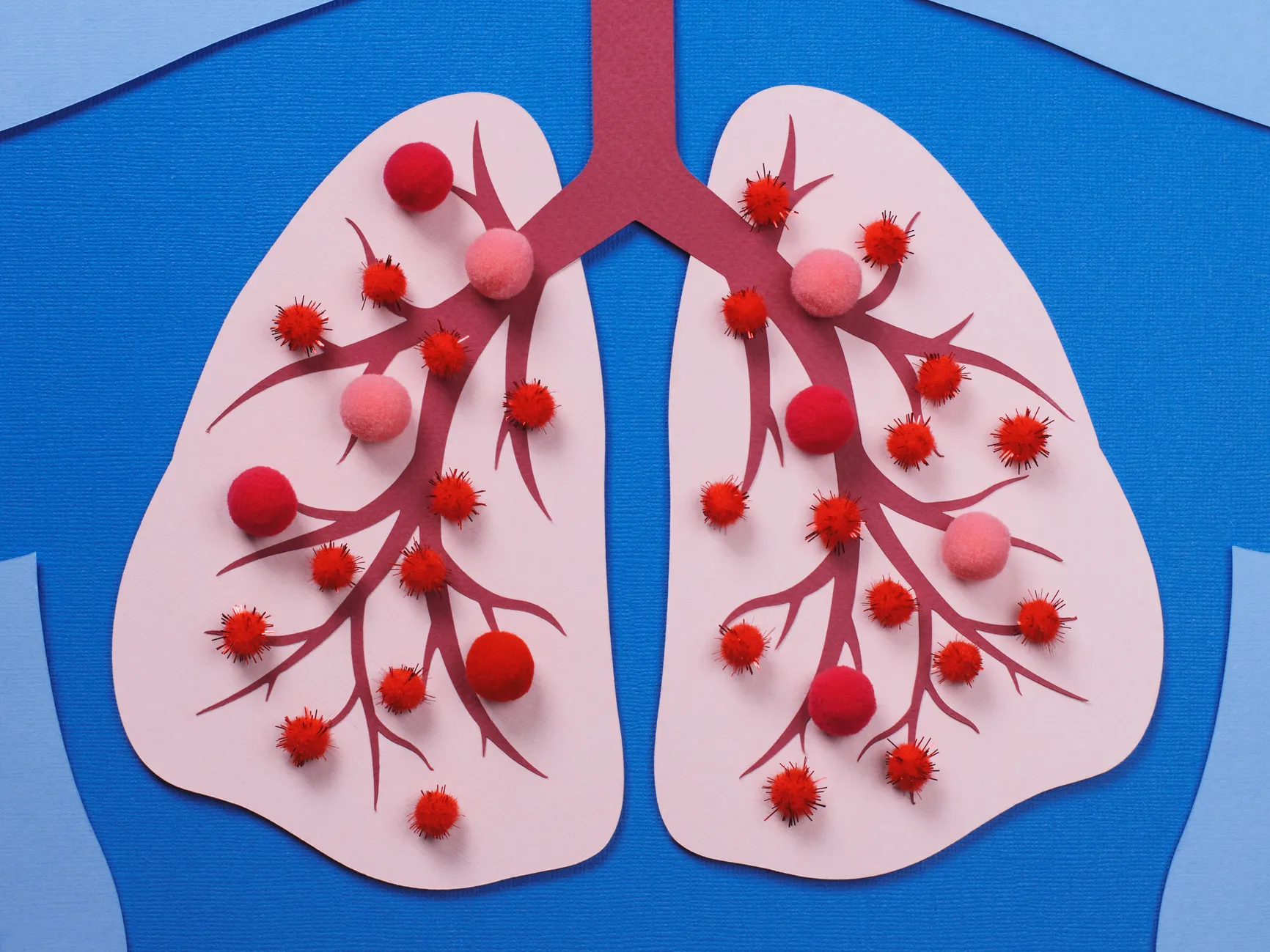
Some people exercise on an empty stomach. Eating too little beforehand can cause weakness or dizziness mid-session. Others overload with snacks thinking more fuel means more strength. Both approaches miss the balance the body seeks. Muscles demand energy in digestible form, not confusion. A strategic pre-workout bite improves stamina without weighing you down. Your last meal’s timing can either support you or sabotage your performance.
A mix of carbs and protein before training makes energy release more steady
Fast energy alone won’t carry you through. A mix of carbs and protein before training makes energy release more steady. Carbs refill glycogen, your muscle fuel. Protein limits muscle breakdown when physical stress begins. Fat takes longer to digest, so go easy. Timing matters—too early and fuel fades, too late and digestion slows you down. About one to two hours before is generally effective. Closer than that, stick to lighter portions or liquids.
Bananas and oats tend to digest quickly and support endurance
Not every pre-workout food works the same way. Bananas and oats tend to digest quickly and support endurance. A slice of toast with peanut butter also helps. Some choose yogurt with honey or dates. Others go for smoothies with protein and berries. Avoid high-fiber foods before intense movement—they may cause bloating or cramps. Simple, familiar ingredients often yield the best results during workouts. New foods on active days might surprise you unpleasantly.
If your session lasts longer than an hour, intra-workout fuel might help
Longer sessions deplete energy faster. If your session lasts longer than an hour, intra-workout fuel might help. Runners sometimes carry energy gels or drinks. Cyclists use electrolyte tablets or bananas during races. Even light sugar can revive flagging concentration or slow fatigue. Hydration matters equally—don’t wait for thirst. Sports drinks aren’t always needed, but water must stay consistent. Don’t ignore fatigue creeping in during prolonged workouts.
Some foods trigger sluggishness when digestion competes with exertion
After eating a big meal, blood flows to digestion. Some foods trigger sluggishness when digestion competes with exertion. High-fat meals slow emptying and lead to discomfort. Creamy sauces, fried snacks, or cheese-heavy dishes are better left for recovery. Caffeine boosts energy short-term but may increase heart rate too much during cardio. Each body responds differently—learn your limits over time. Use trial and error to find what gives energy without side effects.
Exercise without eating may cause low blood sugar or loss of concentration
Some skip food entirely before a workout. Exercise without eating may cause low blood sugar or loss of concentration. This varies with body type and training intensity. Intermittent fasters often adjust over time, but beginners may feel faint. Low-carb dieters also report fatigue if their glycogen stores are depleted. Skipping meals rarely improves performance. Fat adaptation works for some athletes, but isn’t a universal solution.
Protein after exercise supports tissue repair and encourages muscle growth
Recovery starts as soon as the session ends. Protein after exercise supports tissue repair and encourages muscle growth. It’s best absorbed within two hours post-workout. Whey shakes are popular because they digest fast. Chicken, eggs, or tofu also work well in meals. Vegetarians turn to lentils, beans, or dairy-based smoothies. Your intake depends on training type—resistance training calls for more protein than a light walk or stretch.
Glycogen stores deplete during training and need replenishment after sessions
Carbs aren’t just for energy before workouts. Glycogen stores deplete during training and need replenishment after sessions. This prevents muscle fatigue and supports recovery. Brown rice, quinoa, or sweet potatoes work well with post-workout meals. Some prefer fruits like oranges or berries for quick sugar. Combining carbs and protein improves absorption. Meals like rice with chicken, or toast with tuna are common choices. Don’t delay too long after exercise, even if appetite is low.
Water lost through sweat needs replacing as soon as training ends
Recovery includes hydration. Water lost through sweat needs replacing as soon as training ends. Rehydration supports circulation and reduces soreness. Electrolytes matter if the session was long, intense, or in heat. Sodium, potassium, and magnesium regulate fluid balance and muscle contraction. Coconut water or sports drinks may help, especially after endurance events. For moderate training, plain water usually suffices. Monitor urine color—it tells more than thirst alone.
Meals too high in fat after training slow nutrient absorption
Some foods slow recovery. Meals too high in fat after training slow nutrient absorption. Greasy takeout, creamy pasta, or desserts might delay muscle repair. Digestive energy shifts away from tissue healing. Save rich meals for later when the body’s not in recovery mode. Focus instead on lean proteins, whole grains, and fresh produce. Spices and flavor don’t interfere, but heavy sauces might.
Sleep quality improves when post-workout meals balance energy and repair
Nutrition impacts rest. Sleep quality improves when post-workout meals balance energy and repair. Going to bed hungry may interrupt recovery. Overeating late at night can disturb digestion. A small protein-rich meal before sleep may help muscle maintenance. Greek yogurt with nuts or a boiled egg is enough. Avoid sugary or spicy foods late unless your digestion handles them well. Sleep enhances muscle building more than any shake.
Morning workouts benefit from easy-to-digest snacks like fruit or toast
Training timing shapes your nutrition. Morning workouts benefit from easy-to-digest snacks like fruit or toast. Some prefer fasted sessions, but risk energy dips. Coffee before early workouts helps alertness but drink water too. Midday training allows larger pre-meals and balanced post-meals. Evening sessions require post-dinner fuel choices. Avoid heavy meals too close to bedtime or sleep may suffer. Adjust portions based on time of day and training load.
Endurance training needs steady carb intake to avoid breakdown of lean tissue
Different workouts need different food strategies. Endurance training needs steady carb intake to avoid breakdown of lean tissue. Long-distance runners or cyclists often rely on carb loading before events. Strength training emphasizes protein for muscle growth. High-intensity interval training combines both needs. Yoga or Pilates may not require fueling beyond hydration unless done in long sessions. Recovery varies depending on muscle stress, not just duration.
Some athletes time creatine or amino acid intake around workouts
Supplements play a role for some. Some athletes time creatine or amino acid intake around workouts. Creatine supports energy during short, intense bursts. Branched-chain amino acids reduce soreness and promote recovery. Others use beta-alanine, collagen, or glutamine. Always pair supplements with whole food where possible. Supplements aren’t magic; they enhance a sound plan, not replace it. Read labels and verify safety before adding new products.
Hunger cues shift after hard workouts and may mislead choices
After intense sessions, hunger signals can mislead. Hunger cues shift after hard workouts and may mislead choices. Some people crave sugar immediately. Others lose appetite altogether. This can delay necessary intake or cause overeating. Focus on a small, balanced post-workout meal regardless of hunger. Let habit guide you when signals feel unclear. The body needs nutrients even when your mind says otherwise.
Source: Dietician in Dubai / Dietician in Abu Dhabi
